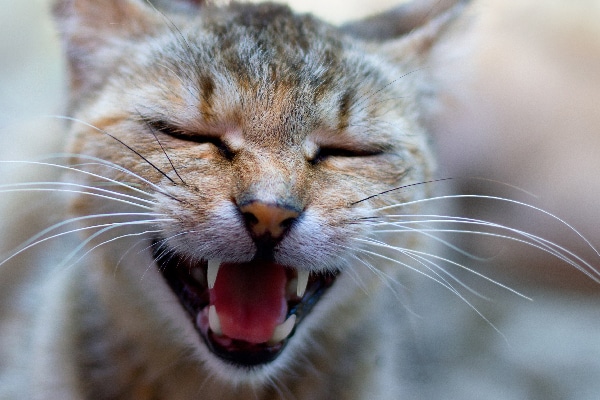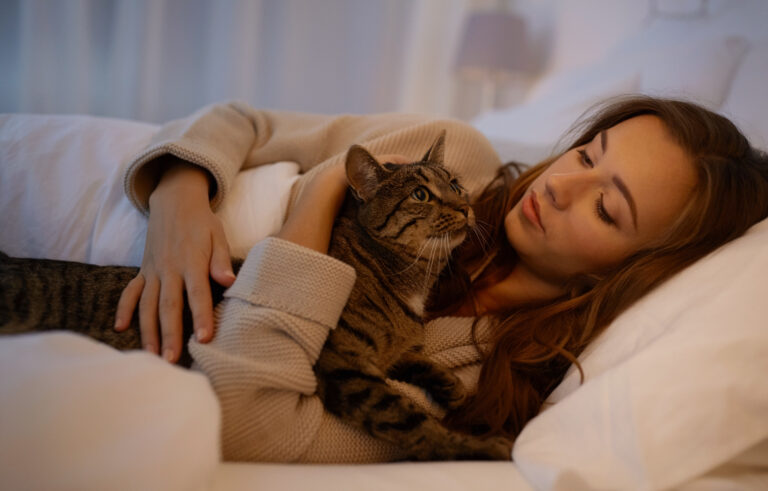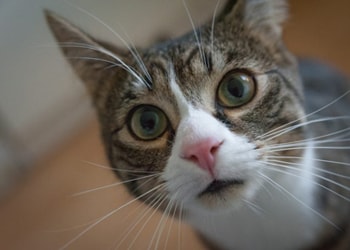Why Does My Cat Meow So Loudly At Night

Excessive vocalization in cats is more common at night although some old cats vocalize at any time.
Why does my cat meow so loudly at night. This is often a short meow or mew to say hello. Disorientation is not uncommon and your cat may meow out of frustration or confusion. The idea of a cat yowling at all hours of the night and waking up the house may sound funny but senior cats who begin to yowl like this may be suffering from something serious and treatable. If your cat vocalizes at night while you re sleeping consider these reasons for your cat.
If your cat is nocturnal it may meow loudly while you re trying to sleep to induce you to play. Just like in humans an elderly cat s sleep wake cycle may change and cause her to sleep during the day and wander at night. One reason a cat will meow is to greet someone. This is because excessive vocalisation including at night can be a sign of overactive thyroid or kidney disease in cats.
Cats of all ages also can. If your cat is meowing at night on a frequent basis it s a good idea to consult with a vet to check up on their health. This meow is your cat telling you that she is happy or interested in you arriving home. Louder meowing at any time of day could also be due to some loss of hearing so ask your vet to test her hearing while you are there.
Numerous diseases can cause a cat to feel hunger thirst or pain all of which can lead to excessive meowing. A symptom of ageing if your cat is a senior. When an older cat begins to meow at night a check up at the vets is a good idea. Cats are known to sleep for extended periods of time but can be active when they re not sawing logs.
However if your cat is constantly eating it could point to a problem. Many cat owners are also familiar with night meows. Increased meowing can be a sign of medical conditions such as hyperthyroid and a simple blood test will check for this. Especially if your older cat isn t just talking to you but is yowling very loudly then please see the vet.
If it s close to your cat s next mealtime and the meowing stops after you feed your cat you can be pretty sure this was the reason for their excessive meowing. The first step is a thorough checkup by your veterinarian. Leave a light on at night if your cat vocalizes then or if they are bumping into things. Attention seeking meows are indications that your cat may want to play with you or be petted.
For example your cat may get excited and meow loudly when you return home from work.


















